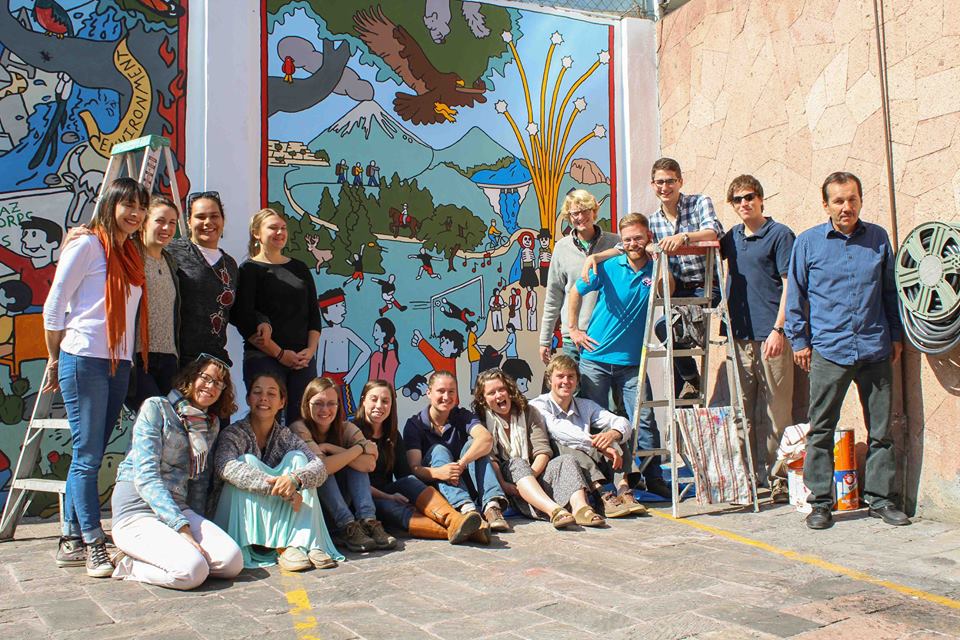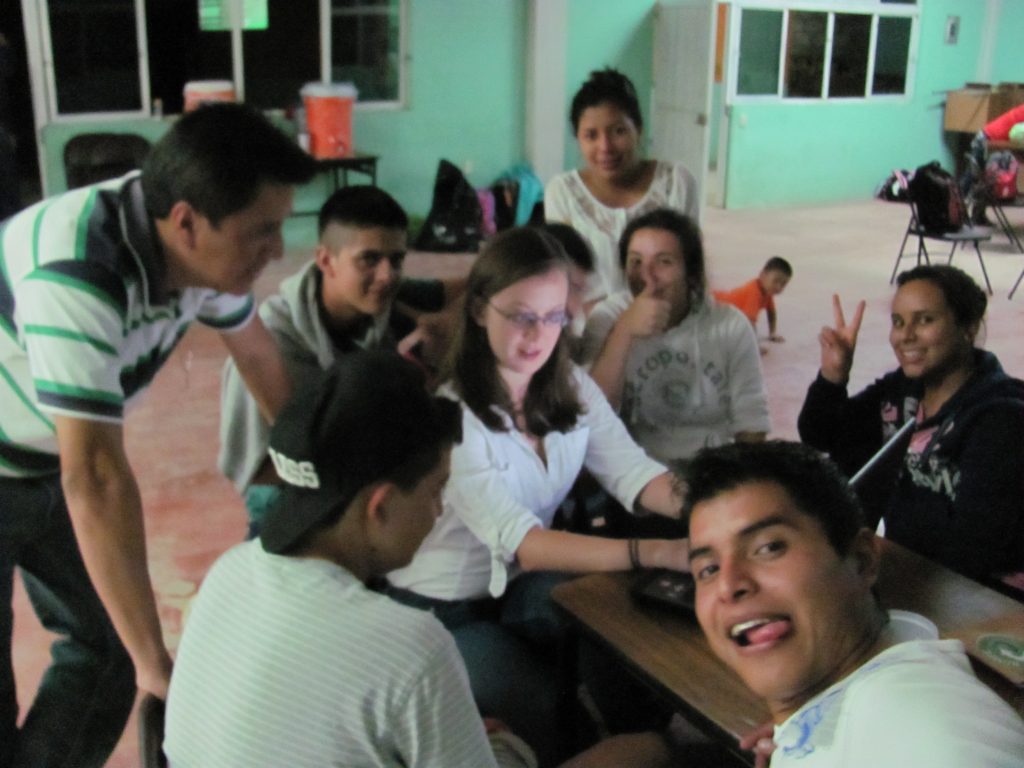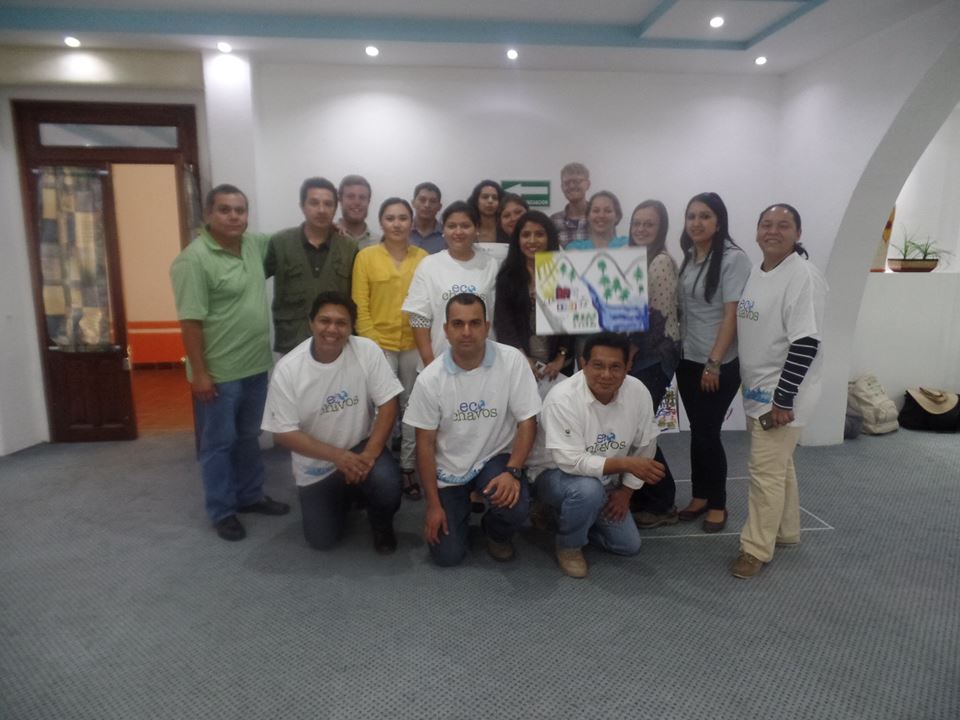One of the many expectations of a Peace Corps Volunteer, besides learning a new language, a new culture, and which street food vendors to avoid, is to be able to work efficiently in a group setting. The Peace Corps promotes group work over individual work, which is necessary for project sustainability and success within communities. The mantra “If you want to go fast, go alone. If you want to go far, go together.” is written in invisible ink on our office walls, and is constantly on the mind of every volunteer and staff member.

In my two and half years as a Master’s International Peace Corps Volunteer in Mexico in conjunction with Bard’s Center for Environmental Policy (Bard CEP), I have had the chance to apply the experience and knowledge gained from working in groups at Bard CEP to the groups I work with in my community.
As I have said in previous posts, my primary project with the Peace Corps is working with a group of high school kids called Eco-chavos (Eco-kids) who plan and execute environmental projects in their community. My role with my Eco-chavos is one of a facilitator in which I guide them in activities and sometimes moderate discussions. Because they are a fairly new group, at first they looked to me as the leader, telling them what were the topics of discussion in each meeting and what activities we were going to do and when. But slowly over the course of this past year in an effort to make the group more autonomous, I have encouraged leadership and moderator skills in some of the kids and encouraged others to participate more.

By having done the Myers-Briggs workshop in my first year at Bard CEP, and having worked a little identifying personality differences in Peace Corps training, I became more aware of personality types within the group and encourage the students in different ways based on the personality traits I observed. I also brought to their attention the fact that everybody learned and participated differently, hoping to give them more of an understanding of their fellow classmates.
To organize region-wide events for the Ecochavos I have also had to collaborate with other facilitators of Ecochavos groups. Working with a group of facilitators, mostly teachers, from another culture definitely took some getting used to. For example, as a general cultural rule here in Mexico, the courteous thing to do when entering a meeting or gathering of any sort is to greet everyone and shake their hand. Working in a group in Mexico often means taking more time to accomplish tasks. In the states we value efficiency so we often quickly meet in a group, divvy up the work, and then rush off to our next task. In Mexico, the series of events looks more like this:
- Enter a meeting and greet and shake hands with everyone
- Ask about other group members’ family and life events and answer these questions about yourself
- The actual meeting begins (usually a bit later than when it was scheduled for)
- Everyone takes time expressing ideas and opinions about each task
- Work gets divvied up
- More polite chatter about personal affairs
- You shake everyone’s hand again and say goodbye before you leave

Aside from learning all of the cultural quirks to working in a group, and not to mention the language barriers, at least at first, I found that group exercises at Bard CEP helped prepare me for the diversity of thoughts and opinions I encountered. Communication skills I picked up in my first year still applied cross-culturally. For example, I often still used active listening skills during group meetings.
Being proficient in working with a group is a highly valued skill in the work place, since it is a common component of most jobs. Working with my Ecochavos I am able to use knowledge gained from my classes and workshops at Bard CEP and my training from the Peace Corps to facilitate group activities and discussions among the students I work with. I am also able to use my communication skills and cultural knowledge taught to me by both institutions to successfully help plan and execute several regional events for the Ecochavos with the other facilitators.
While I still have some skills to work on (such as having more patience in a meeting that is scheduled to last one hour but ends up lasting 2-3 hours), I feel that both Bard CEP and the Peace Corps have prepared me well for whatever my next job will be.
